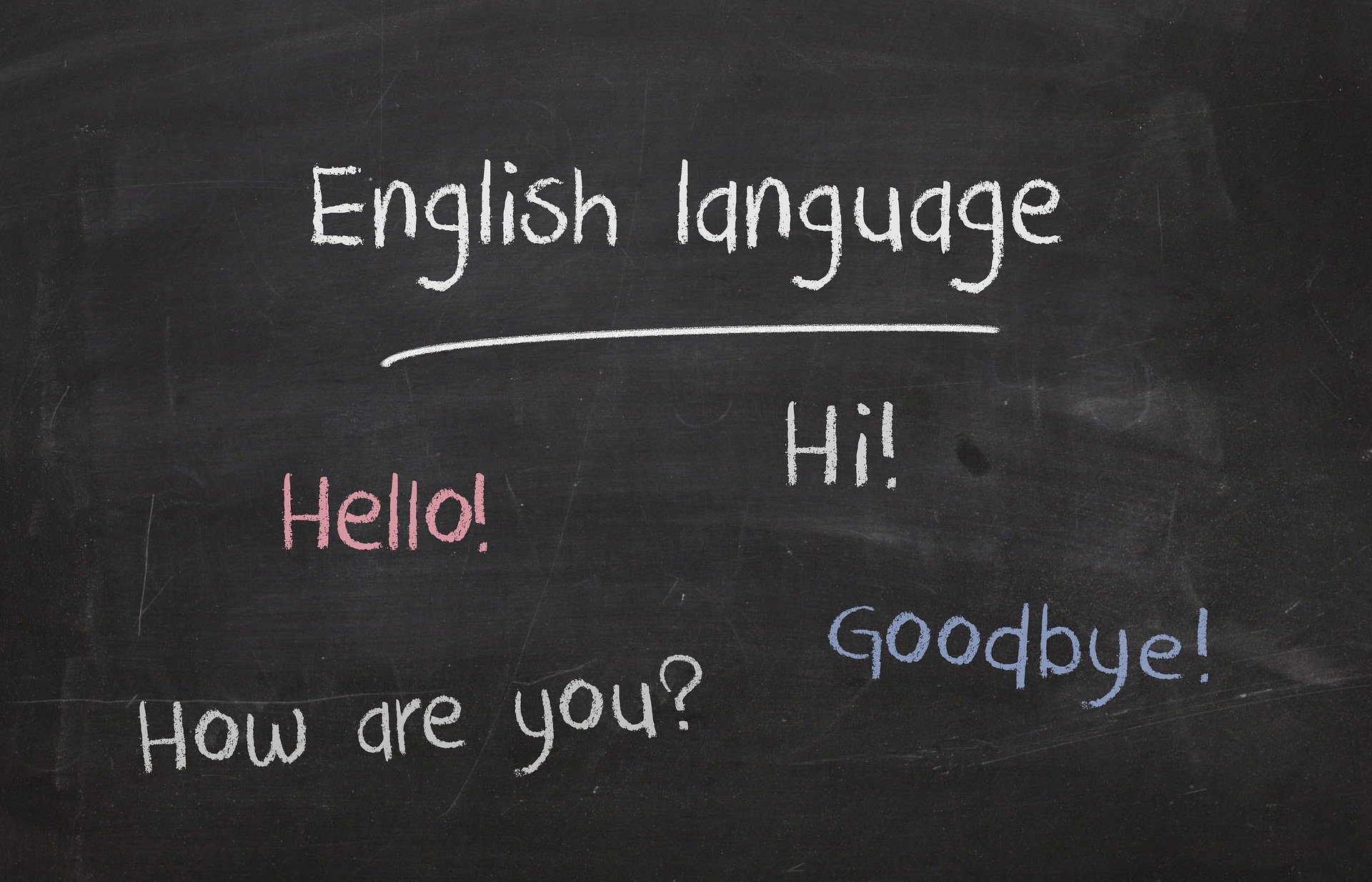
English is one of the most important languages and the 3rd most spoken language in the world. Since it is the most common language used in companies and content worldwide, people are always trying to learn it better. Every student with knowledge of the English language can study all over the world. The most common difficult thing in this language for beginners and students is “Tenses” and how to use correct verbs in them. This blog will talk about “Past Tense and its form of verbs” and “Past Participle.” What are the past tense and past participle? How to use it properly? What verbs to use it with? What is the difference between a past participle and past tense? So, let’s just dive into it.
First things first, let’s talk about the Past Tense; as the name suggests, this tense talks about the past as in whatever has happened before in time. For Instance,
I ate Chinese food a few weeks ago.
I went to my bank yesterday.
Here, ‘yesterday’ and ‘a a few weeks ago’ means something that happened in the past, ‘went,’ and ‘ate’ means that we use the second form of the verb while using the simple past tense. Adding to this, we often add “-ed” in verbs and use in the past tenses. For example,
I called you one hour ago.
He booked an appointment a week ago.
She asked about you two days ago.
In the above examples, these -ed verbs can easily be used on their own; however, for past participles, that are not the case. According to Merriam Webster, “A participle that typically expresses completed action, that is traditionally one of the principal parts of the verb, and that is traditionally used in English in the formation of perfect tenses in the active voice and of all tenses in the passive voice.” In the examples mentioned earlier, All the verbs ‘called, booked and asked’ are also Past Participle.
For Instance for verbs,
| Basic Verb | Past Verb | Past Participle |
| cook | cooked | cooked |
| visit | visited | visited |
| hope | hoped | hoped |
| achieve | achieved | achieved |
| brush | brushed | brushed |
| accept | accepted | accepted |
| allow | allowed | allowed |
| boil | boiled | boiled |
| dance | danced | danced |
| exercise | exercised | exercised |
Now, from this, one can question that if the past tense form of the verb and past participle is the same, then what is the difference between these two is? In the above-mentioned table, all these basic verbs are regular verbs, as with regular verbs, the past tense of the verb and past participle are the same. However, the case is different when it comes to irregular verbs.
For example,
| Basic Verb | Past Verb | Past Participle |
| be | was/were | been |
| drive | drove | driven |
| drink | drank | drunk |
| eat | ate | eaten |
| fall | fell | fallen |
| speak | spoke | spoken |
| write | wrote | written |
| choose | chose | chosen |
| break | broke | broken |
| go | went | gone |
| throw | threw | thrown |
One can notice now that in irregular verbs, the past form of the verbs and the past participle are different, unlike regular verbs. The importance of difference can be put out there as the verbs in the past tense can be used independently, but that’s not the case in the past participle. As they have to be used with “have,” “has,” and “had.” These ‘have,’ ‘has,’ and ‘had’ form two different tenses, which are “Present Perfect” and “Past Perfect.”For example,
Present Perfect: I have worked all night.
They have visited that place before.
He has accepted his fate.
Past Perfect: I had lived downstairs
He had a choice.
They had adopted three children already.
Now, if we talk about regular verbs and the sentence structure with them:
Past Tense: The show began at 4.
Past Participle: The show has begun.
Past Tense: They chose fried chicken two days ago.
Past Participle: They have chosen pizza.
Past Tense: He spoke to me yesterday.
Past Participle: He has spoken to his friend thrice today.
Hence, in all the past tenses, one can notice how only one word can describe the whole action; however, past participles, the auxiliary verb, have their importance. For example, the verbs “thrown” in “the ball has been thrown” and “raised” in “many hands were raised” are past participles.
Before Concluding, Let’s also talk about the other two distinct forms of the tenses:
- Past Continuous
- Past Perfect Continuous
Past Continuous:
This tense is normally used to refer to something in the past that has already happened, but as though it were still happening. It involves present participle formed by adding “ing” to the verb and applicable to both regular and irregular verbs. For example:
- Ask-ing 一 Asking
- Work-ing 一 Working
- Speak-ing 一 Speaking
- Choose-ing 一 Choosing
Examples of them being in past continuous tense:
- I was eating my food when she called me.
- He was speaking yesterday when someone interrupted him.
- They were drinking coffee when the boss arrived.
Past Perfect Continuous:
According to Grammarly, “The past perfect continuous tense (also known as the past perfect progressive tense) shows that an action that started in the past continued up until another time in the past. The past perfect continuous tense is constructed using had been + the verb’s present participle (root + -ing)”.
For Instance,
- He had been studying English for two years.
- We had been playing video games for six hours.
- They had been serving him all day.
In a Nutshell, Tenses can be a challenging topic; however, with all these examples and some self-practice, YOU can ace the tenses. So, you should give yourself a gentle pat on your back because you have got it, these things can get tricky, but if you practice and use them in your daily life, you will be able to score high in your class. Ask your siblings, friends about their days, and use the past tenses as much as you can with all the help provided in the blog. If you have any comments or suggestions, leave them on our blog, and we, as an emerging tutor service, will get back to them. Keep learning and having fun with these verbs.
Related Read:
https://mytutorsource.ae/blog/british-curriculum-schools-in-abu-dhabi/


